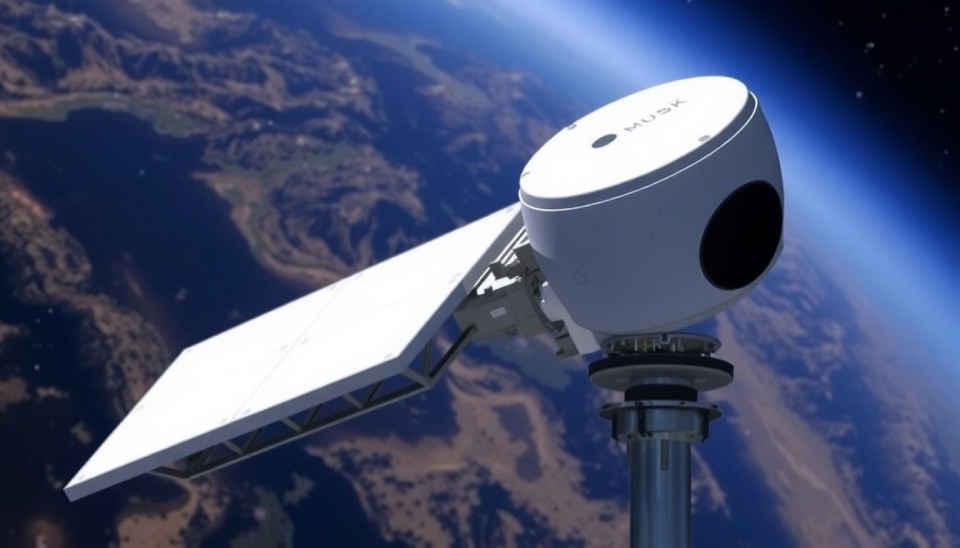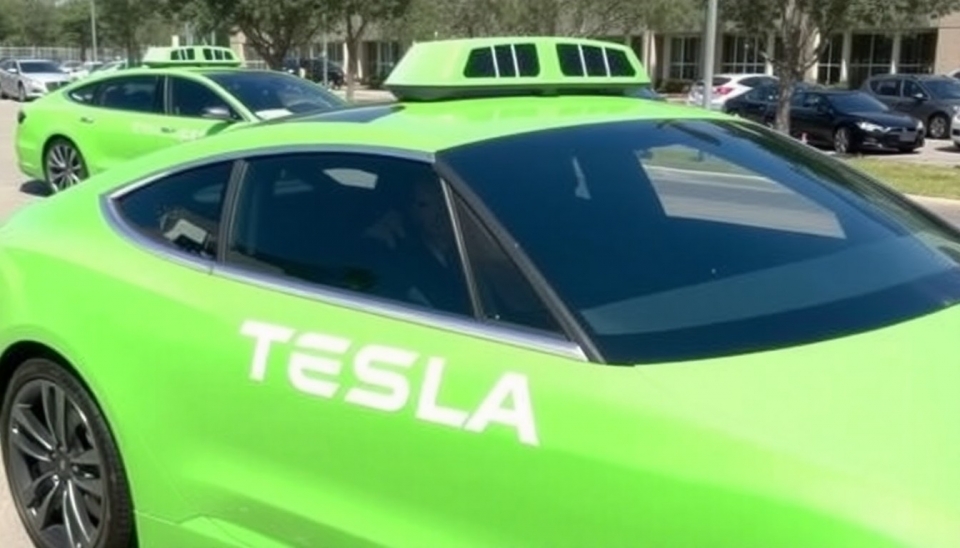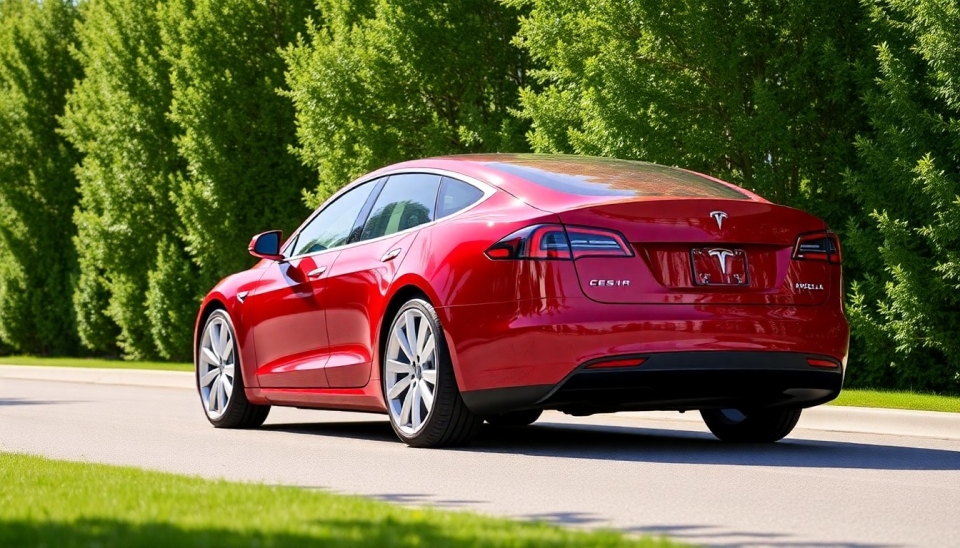
Recent developments have emerged regarding Elon Musk's ambitious project involving broadband satellites, as various states voice their apprehensions about the long-term financial implications associated with this technology. As Musk's SpaceX continues to deploy its Starlink satellites to expand internet access across rural and underserved communities, state officials are beginning to rethink the sustainability and affordability of such initiatives.
SpaceX's Starlink program has been lauded for its potential to bring high-speed internet to remote areas, effectively bridging the digital divide. However, as municipalities increasingly rely on these services, concerns are mounting about the hidden costs that could burden state budgets. Reports indicate that states could face significant expenses related to infrastructure upgrades, regulatory compliance, and ongoing maintenance of these satellite systems.
In several instances, state officials have expressed their worries regarding the autonomy and control over broadband services. Many argue that perpetual dependence on a private entity for crucial public services could lead to monopolistic practices, potentially raising prices and limiting consumer choices. The lack of long-term pricing structures has only exacerbated fears, as many residents in these areas could end up facing escalating fees once initial promotional offers expire.
Notably, while Starlink services promise rapid deployment and accessibility, the financial reality could be starkly different. Critics argue that without robust state oversight and regulation, residents might find themselves at the mercy of corporate policies designed primarily to maximize profit rather than serve public interest. Moreover, as state budgets become tighter, the risk of taxpayers footing the bill for infrastructure that benefits a private company poses a serious ethical challenge.
As discussions continue, it's clear that both the state governments and SpaceX will need to engage in transparent dialogues to address these pressing concerns. Policymakers are advocating for contracts that clarify costs and stipulate provisions for service reliability and consumer protection. This dialogue is critical in ensuring that the benefits of SpaceX’s technological advancements do not come at the expense of state resources and taxpayer money.
As the rollout of Musk’s satellite internet expands, it raises questions about the future dynamics of internet access in the United States. The intersection of public service and private enterprise presents a complex challenge that demands careful scrutiny and proactive measures from both sides to navigate the road ahead effectively.
With ongoing debates regarding the sustainability of satellite internet, states will continue to monitor the situation closely. As residents become increasingly dependent on these services, the need for strategic planning and equitable pricing frameworks will be paramount in securing a favorable outcome for all stakeholders involved.
As the landscape evolves, the collaboration between state governments and companies like SpaceX will likely define the next chapter in broadband accessibility and affordability in America.
#ElonMusk #SpaceX #Starlink #Broadband #InternetAccess #PublicService #SatelliteInternet #DigitalDivide
Author: John Miller




